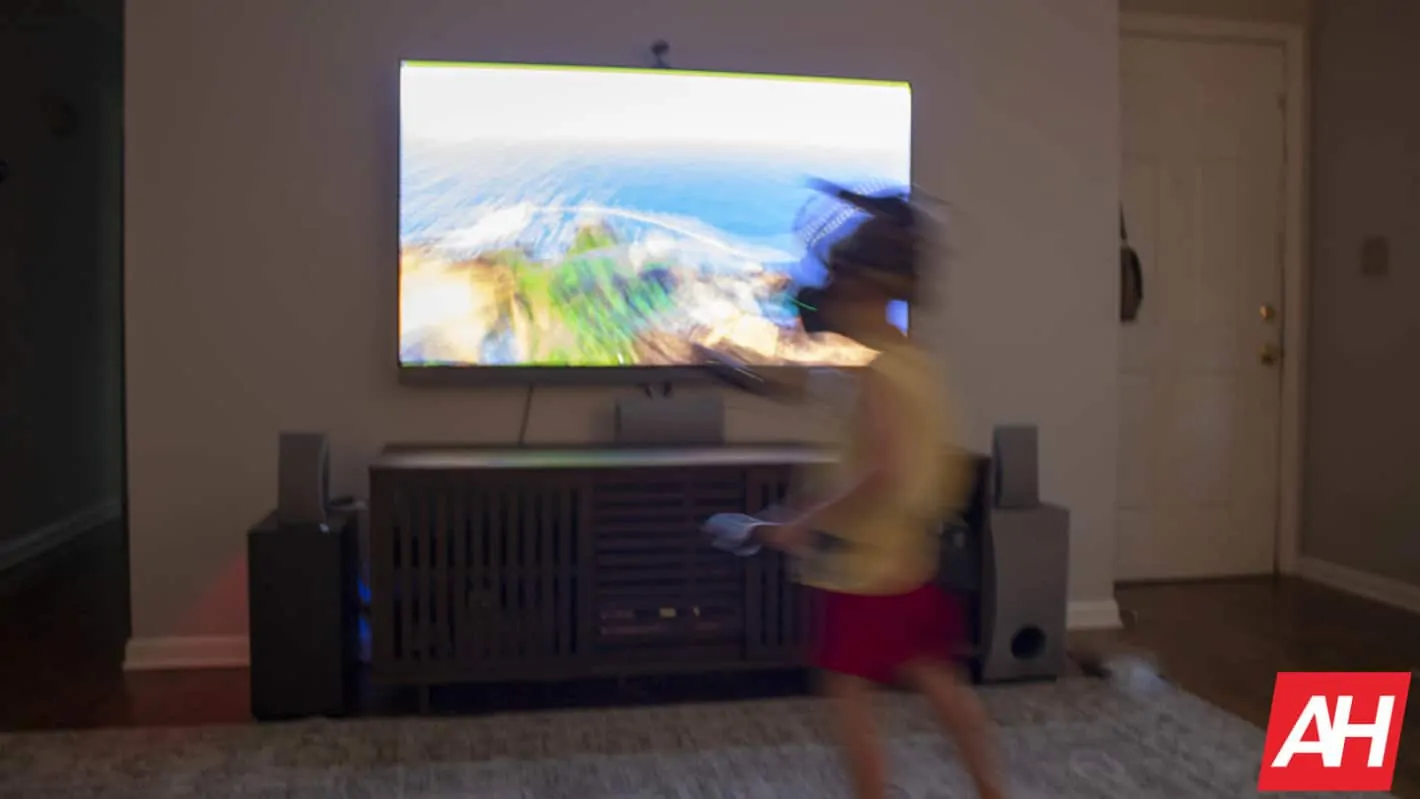Oculus started small. Founded by six individuals and primarily funded by an incredibly successful Kickstarter campaign all the way back in 2012, it was always a pipe dream to deliver accessible VR to people worldwide. When Oculus exceeded $2 million in funding through Kickstarter, it’s doubtful that the co-founders expected Oculus to be purchased by Facebook just two years later for an unbelievable $2 billion. Since then, we’ve seen significant growth in the VR sector, but former co-founder Jack McCauley is no longer a believer in the movement.
McCauley left Oculus in November 2015, about a year and a half after the Facebook acquisition and is credited with working on the original development kits; DK1 from the Kickstarter days and DK2 after the Facebook funding came in. McCauley’s stance is that VR would have taken off in a big way by now if it were going to have any mainstream appeal
McCauley’s main points revolve around the accessibility of VR. Comfort is still a problem for some folks, who often cite issues with nausea and/or dizziness; problems that have been more or less solved with the advent of more advanced lenses and higher refresh rates on head-mounted displays (HMDs).
Then there’s the social aspect, which McCauley says is more of a cultural change due to the way people treat gaming alongside their friends on more traditional two-dimensional displays.
Much of the novelty of the experience, according to McCauley, ends after a player initially tries VR and gets over the “wow-factor” that VR HMDs can have.
McCauley isn’t the only co-founder to have left Oculus over the years but, unlike the other co-founders, is the only one that has been outspoken against the VR movement’s momentum over the past few years. Oculus rapid-fire first-month sales of the Oculus Quest certainly seem to go against what McCauley is speaking of, if initial sales of 1.1 million units sold are anything to go by.
The video game industry is one that went through several years of turmoil in the early days as well; something that McCauley doesn’t cite. The Atari 2600, for instance, had an incredibly difficult time breaking into a new market and much of the inventory manufactured in 1978 went unsold. Its follow-up, the Atari 5200, sold 1/30th the number of units of its predecessor and ultimately fell victim to the video game market crash of 1983.
It wasn’t until the Nintendo Entertainment System debuted in 1985 that we saw any real traction or success in a way that companies were looking for in the late 1970s. This same kind of traction curve could very well be true for the VR industry which, until the debut of the Oculus Quest just two months ago, didn’t have a truly easy all-in-one solution that was also moderately affordable.
Facebook is in this for the long-game, as evidenced by statements from current Facebook and Oculus staff. The first generation of VR has likely seen its last release with the Valve Index, and future releases will most certainly be more accessible and affordable in the future.
After all, we saw a significant evolution of video games over the years, from the fledgling commercial roots in the arcade industry to its ultimate demise from the rise of more powerful and affordable console hardware. There’s little reason to think VR won’t be the same, especially given the fact that VR arcades and similar experiences are regularly rolling out worldwide in a way that loosely mimics what we’ve seen from other areas of the market.

